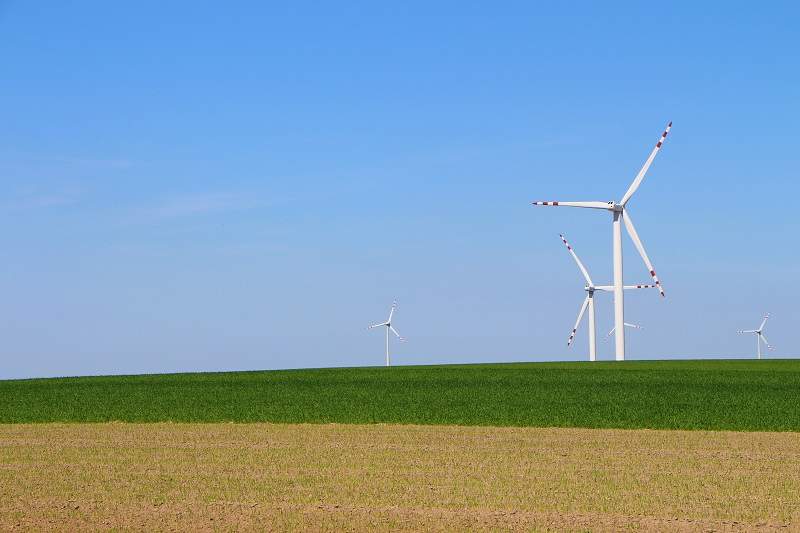
UK-based commercial law firm EMW has noted that the patents filed for solar power, wind energy, biofuels, hydropower, geothermal energy and waste-generated energy have nearly doubled over the last five years.
The law firm explained that more than 14,800 renewable energy patents were filed globally last year, an increase of 43% in comparison to the previous year’s figure of 10,500.

Discover B2B Marketing That Performs
Combine business intelligence and editorial excellence to reach engaged professionals across 36 leading media platforms.
EMW principal James Geary said: “The rising profitability of ‘green’ energy has prompted many companies to invest in developing and patenting filings as innovation races ahead.
“International efforts to reduce reliance on fossil fuels and cut carbon emissions by focusing on renewables has continued to grow. China, for example, set emissions limits in 2017 for power companies’ use of fossil fuels, as part of efforts to slow down their consumption of coal, gas and oil.”
According to the law firm, the renewable energy industry is becoming more lucrative and is now less reliant on government subsidies.
Chinese companies are reported to have topped the renewable energy patents filings list last year with 76% (11,300), while the US-based companies occupied second place with 10% (1,500) filings.

US Tariffs are shifting - will you react or anticipate?
Don’t let policy changes catch you off guard. Stay proactive with real-time data and expert analysis.
By GlobalDataOf all the ‘green’ energy patents filed last year, 56% were for solar power.
Currently, China is said to be the biggest manufacturer of solar panel technology and invested more than $44bn in clean-energy projects last year.
Geary further noted: “However, there are concerns that the US could see a drop in patenting ‘green’ products as the Trump administration looks to cut government research spending in the industry.
“The slight rise may also be in part due to concerns about the effect that Brexit may have on the proposed European Unitary Patent system.
“Some businesses may be racing to patent products, to avoid potential difficulties in obtaining patents in EU countries become more difficult than is currently the case.”





